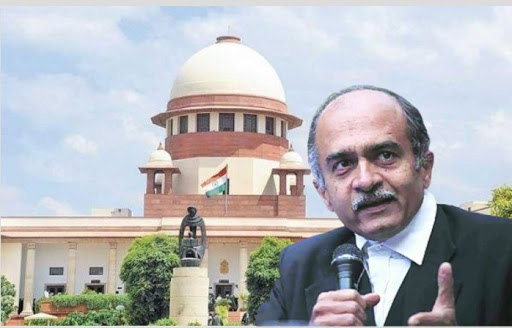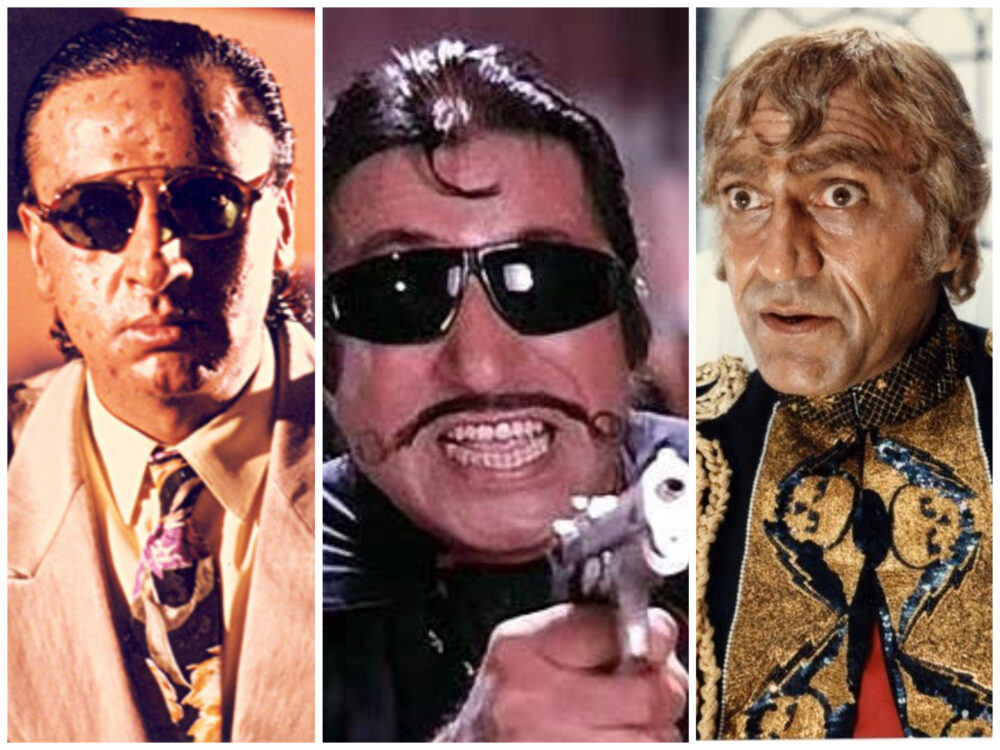On Aug 25, a bench headed by Justice Arun Mishra had reserved orders on the sentence in the contempt case over two tweets of Bhushan, after he refused to apologise.
“What is wrong in apologising? Is this word so bad?” a Supreme Court bench of Justices Arun Mishra, BR Gavai and Krishna Murari asked, referring to Bhushan’s refusal to apologise for his tweets.
On the last day for tendering an apology, Bhushan filed a statement in SC stating that an apology would be a “contempt of his conscience”.
He stressed that as an officer of the court, he has a duty to “speak up” when he believes that the Judicial institution is deviating.

Pointing unapologetically instances where SC had seemingly failed including the challenges to the Citizenship Amendment Act and the abrogation of Jammu and Kashmir’s special status, Bhushan claimed the court did not show enough alacrity in hearing and which are still pending before the court.
Notably, Justice Mishra’s approach to invoking the power of the Court to punish advocates and sentencing judgments in Prashant Bhushan’s case for contempt has been rather controversial. Sources reveal that the judgments are weak and were lacking crucial reasoning. The judgment’s greatest weakness is the Court’s omission to consider the responsibilities that accompany its role as a ‘pillar of democracy.’
Through this act, the Supreme Court has let itself down, and has let the Republic down too. A dark day for Indian democracy.https://t.co/owN10z95FG
— Ramachandra Guha (@Ram_Guha) August 14, 2020
The judiciary is the central pillar of constitutional democracy. Whatever be the sentence, a rupee or three-month custody the court has ‘FAILED’ itself standing as the balancing and harmonising institution. This self-goal is compounded by the fact that it has acted against Bhushan when it is seen to turn a deaf ear and unhasty eye to several important cases.




